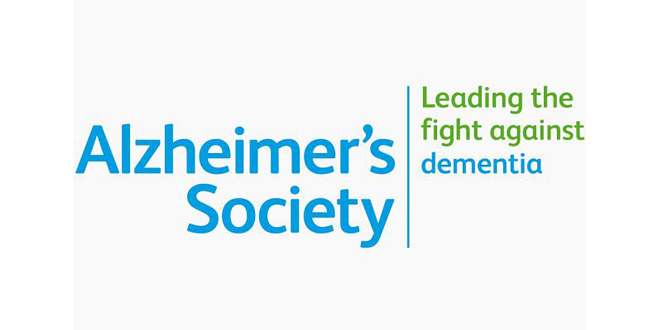64% Of People Living With Dementia Feel Isolated Following A Diagnosis
 42% of public not convinced people with dementia still benefit much from seeing loved ones they no longer recognise
42% of public not convinced people with dementia still benefit much from seeing loved ones they no longer recognise
New research by Alzheimer’s Society shows that 42% of people mistakenly think that once a person with dementia stops recognising loved ones, they don’t benefit that much from spending time with them. In a separate survey of 300 people affected by dementia, the charity also found that 64% of those living with the condition felt isolated from friends and family following a diagnosis. Today, Alzheimer’s Society is calling on people to make a positive New Year’s resolution to spend time with people with dementia and help them take part in activities they enjoy to keep connected.
After Christmas, people with dementia and their carers may face long, dark days ahead until they next spend time socialising or getting out of the house. As the condition progresses, many people with dementia may find it difficult to recognise faces of friends and family members, but will still hold an ‘emotional memory’ which means they continue to feel happy long after a visit or experience that they may have forgotten. Spending time with loved ones is important because it can stimulate feelings of familiarity, happiness, comfort and security. Staying connected and taking part in activities helps a person with dementia feel less isolated.
The survey of people affected by dementia found that over half (54%) of people with the condition were no longer taking part in any or hardly any social activities. Almost half (48%) said that what would help people with dementia most to stay connected is seeing family and friends more often, and having someone to help them take part in activities and hobbies (51%).
41% of the general public did say that being unable to recognise close friends and family would make them feel most isolated, ahead of a divorce or relationship breakdown. Positively, over two thirds (68%) of people surveyed say they would still visit someone with dementia who no longer recognised them, either just as much or even more often than they do now. Despite these good intentions, the lack of awareness of how important emotional memory is may mean that in their busy lives, people don’t always follow up on their intentions and over half of those living with dementia are left feeling isolated.
Jeremy Hughes, Chief Executive of Alzheimer’s Society, said: “After spending time with friends and family over the festive period, New Year can be a bleak and lonely time for people with dementia and their carers. It’s so important for people with dementia to feel connected throughout the year. Spending time with loved ones and taking part in meaningful activities can have a powerful and positive impact, even if they don’t remember the event itself. We’re urging people to get in touch with us and find out how we can help you stay connected.”






